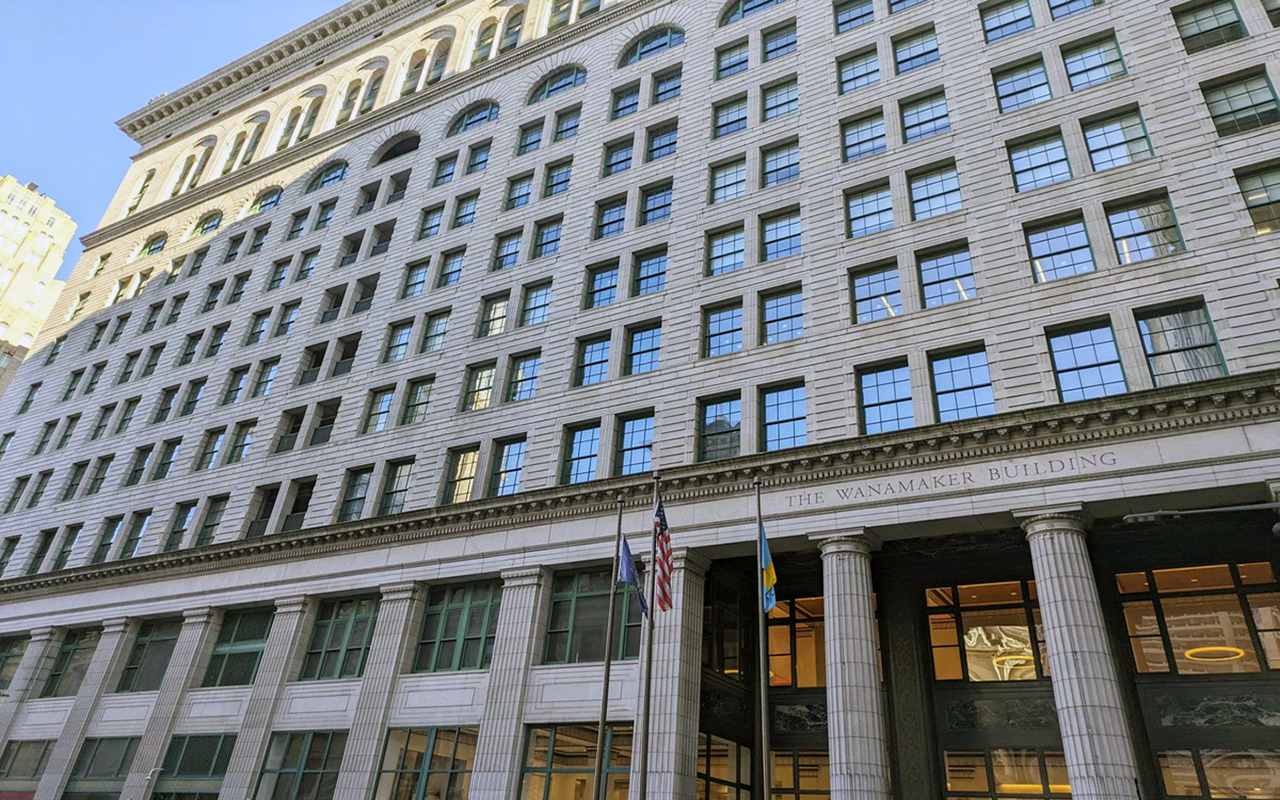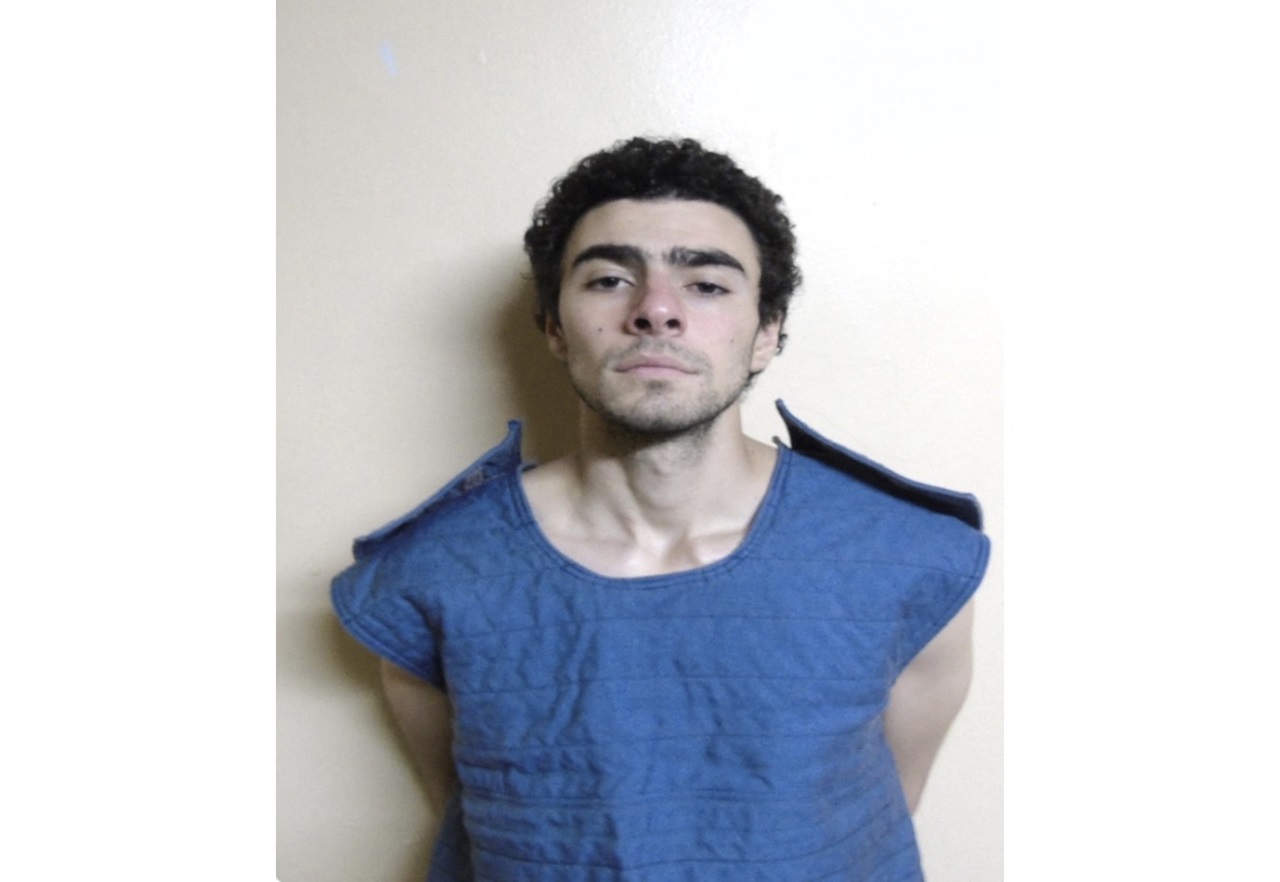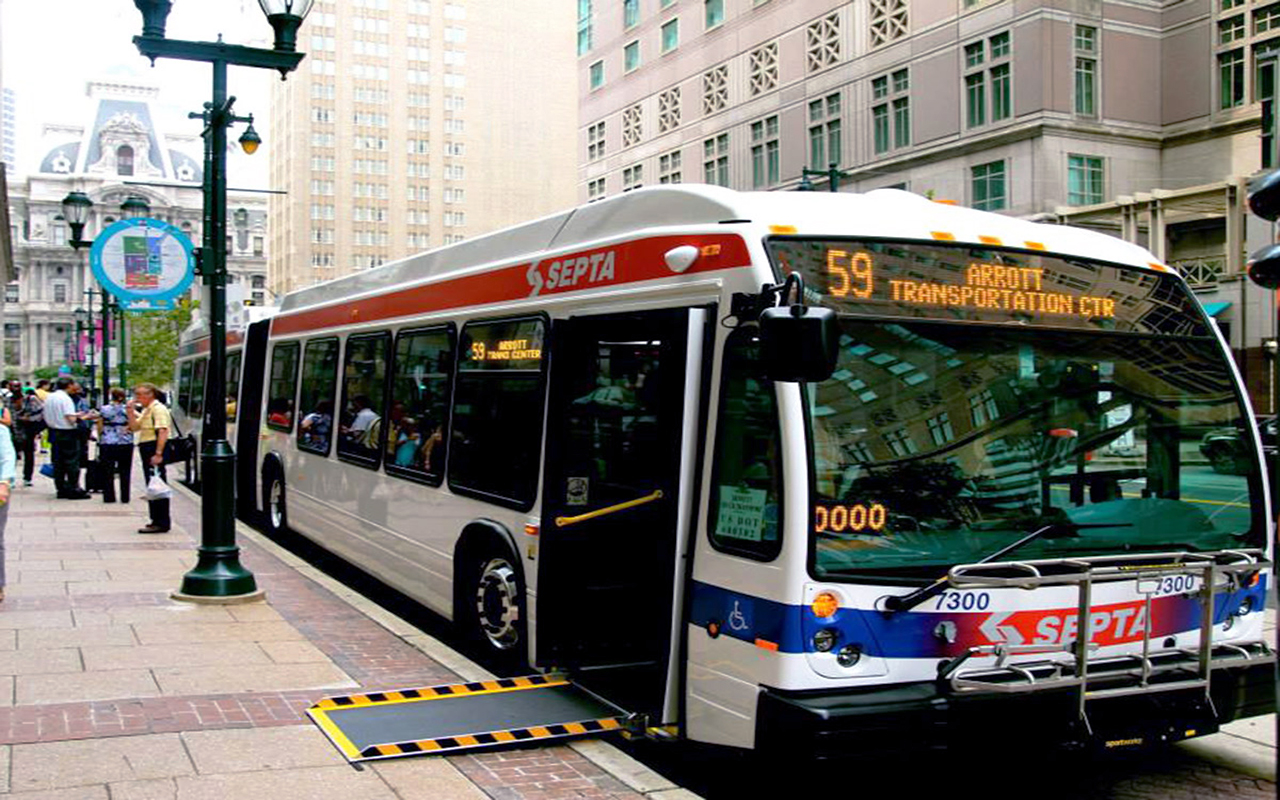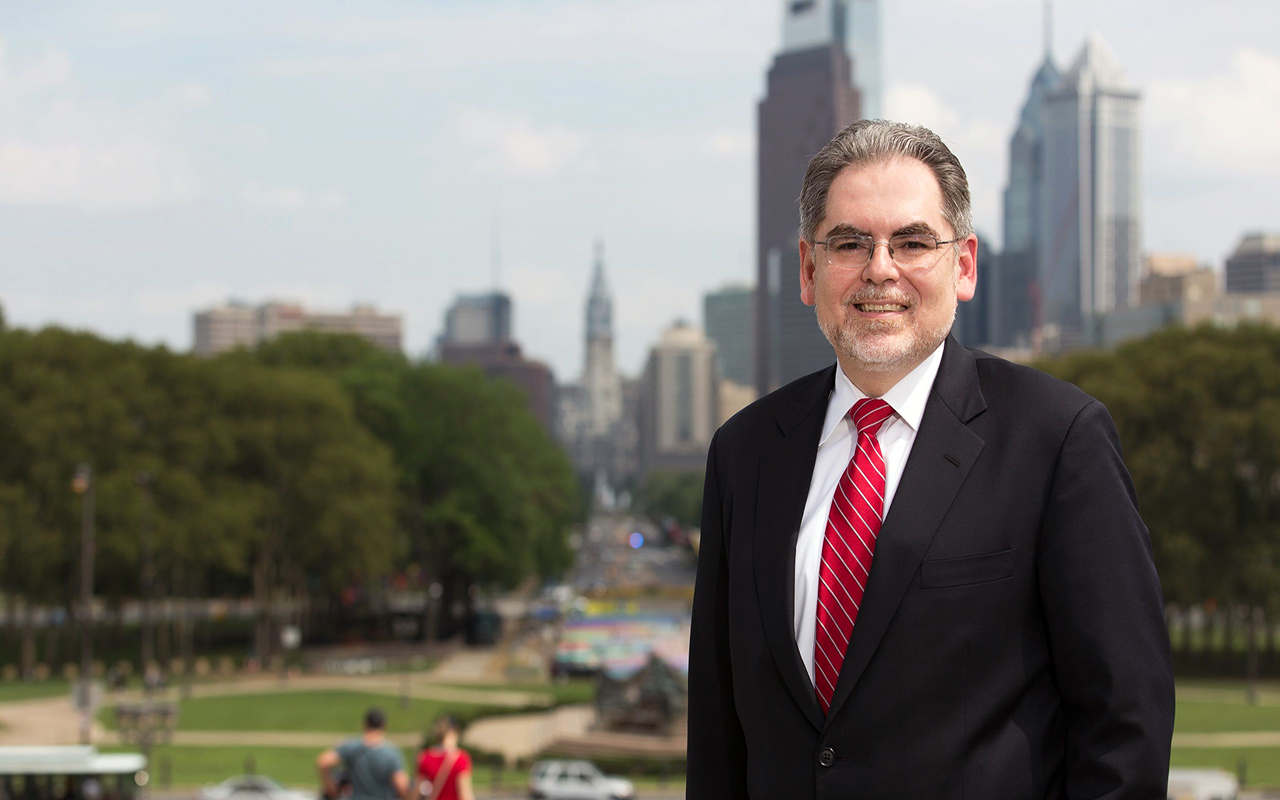More than 10,000 nurses come to Philly for national three-day conference
Philadelphia is the center of the nursing world this week as the ANCC kicks off a days-long convention to bring together nurses from the U.S. and internationally, as well as other hospital leadership teams, to reflect on an evolving profession, in addition to receiving orientation to acquire a prestigious designation.
The Magnet and Pathway to Excellence designations are the highest forms of recognition within the nursing industry, and to achieve them, institutions must evidence levels of quality, both within the practice and the field.
Magnet designations are awarded to hospitals whose nursing standards resulted in elevated quality outcomes for their patients. The Pathway to Excellence is reserved for those who have nurtured a robust employee environment, making nurses stakeholders in decision-making processes.
Tracy Franklyn, a New York native and an Assistant Director of Nursing based in Queens, traveled to Philly to absorb as much information as possible and plan for a Pathway to Excellence designation.
“The hospital is presently on the Pathway to Excellence journey, so we’re here to just gather information and learn as much as we can to help our hospital get the designation,” Franklyn said.
Franklyn added that, beyond her official duties at the conference, she was looking forward to connecting with fellow nursing colleagues.
“I’m just excited to be here. It’s very touching and emotional (...) It’s just nice to be here with all your colleagues from all the areas of the country,” she added.
For Melissa McCoy, a Director of Nursing and Vanderbilt University Medical Center and a former nurse, the ANCC is a travel-worthy experience to scale Diversity, Equity and Inclusion (DEI) initiatives in an effort to strengthen the hospital's culture. And perhaps, along the way, snag a designation.
“Our organization is filled with amazing individuals from all different walks of life. We have a lot of great initiatives, and I’m interested in how to get the frontline staff involved,” McCoy told AL DÍA. “They’re taking care of patients every day, and that’s their priority, and we want them to be involved and have a seat at the table of all of our different initiatives (...) I think they want to be involved. So how do we connect everybody?” McCoy added while emphasizing the sustainable process in place where nurses can feel empowered to participate in the hospital’s processes.
During the COVID-19 pandemic, professionals in the medical field observed unprecedented levels of pressure that stemmed from staffing shortages, patient loads, and an infrastructure crisis where the workforce bore its brunt.
Converging issues exacerbated a highly-overworked population of nurses, and unveiled a burnout crisis within the healthcare workforce. According to a report by Nursing CE Central — an organization that holds ANCC accreditation — found that some 2.7 million nurses were experiencing burnout in the field.
CONTENIDO RELACIONADO
“People leave here in such an incredible spirit,” said Jennifer Gil, a trauma nurse at a Philadelphia hospital, who also sits on the American Nurses Association’s board of directors as its only Latina member.
“As a frontline nurse you are caring for your patients but as we’ve seen throughout time, they are also doing incredible things and innovative projects. [Nurses] have the capability to not only work in direct care but also making huge changes for their hospital, for their communities, for all these different areas that traditionally are not what people think nurses do,” Gil noted.
“Empowering them to have the right tools, to have the right energy, and everything that they need to be able to bring that to the community,” she continued.
ANCC, therefore, holds panels that include professional development seminars, best practices models, and inclusion workstreams that highlight the importance of employee engagement.
One seminar, led by a Jacksonville, Florida hospital marketing exec., touched on a five-year effort to incorporate an LGBTQ+ structure that sought to create a supportive culture for hospital staff and patients alike.
And for nursing professionals like Eileen Dulce and Jonathan Martínez — both of whom are L.A. based — the seminar was a validation of the work they’ve carried out in their institutions.
“In general, having such a large forum, and having such a platform to even have this conversation, to bring into the forefront, I think that’s the first barrier,” underlined Dulce. “We’re talking about gender-affirming, we’re talking about how inclusive we can be of everyone (...) it’s important we attend these things to know that people understand it is a piece of importance,” Dulce added.
The California nurses hope to continue to attend similar seminars to drive the conversation forward at their hospital.









DEJE UN COMENTARIO:
¡Únete a la discusión! Deja un comentario.